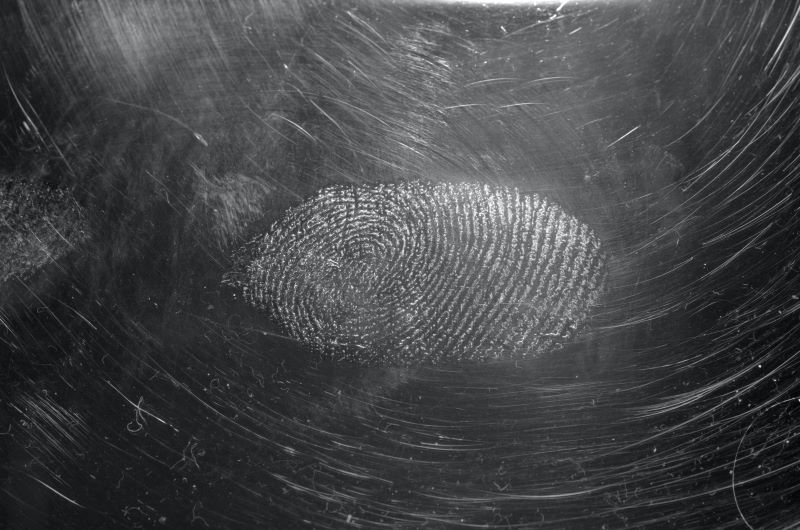IARPA posts Proposers’ Day, prize challenge updates
 On March 12, the Intelligence Advanced Research Projects Activity (IARPA) posted an update on its current Proposers’ Day meetings and prize challenges.
On March 12, the Intelligence Advanced Research Projects Activity (IARPA) posted an update on its current Proposers’ Day meetings and prize challenges.
A Proposers’ Day is usually held shortly before the release of a broad agency announcement, which solicits research proposals for specific programs. On Proposers’ Day, the program manager presents his or her vision and outlines the material in the BAA before the BAA is formally issued. The Proposers’ Day audience consists of potential research performers and other interested parties. The audience is allowed to ask questions, which can later help the IARPA program manager clarify and refine the BAA prior to its release.
Proposers’ Day for the BETTER program — Better Extraction from Text Towards Enhanced Retrieval — will be held on March 29, 2018 in the Washington, DC metropolitan area. The BETTER program aims to develop enhanced methods for personalized, multilingual semantic extraction and retrieval from text. The goal is to provide a user with a system that quickly and accurately extracts complex semantic information, targeted for a specific user, from text. Registration closes on March 22, 2018.
Proposers’ Day for the MAEGLIN Phase 2 program will be held on March 22, 2018 in the Washington, DC metropolitan area. The MAEGLIN Phase 2 program aims to develop an integrated ultra-low-power chemical analysis system combining high dynamic range separation with absolute chemical identification for monitoring of explosives, narcotics, nuclear materials, and other chemicals. Registration closes on March 14, 2018.
IARPA conducts prize challenges to invite the broader research community of industry and academia to participate in a convenient, efficient, and non-contractual competition.
Registration is now open for the UG2 Prize Challenge. This challenge seeks to answer important questions for general applications related to computational photography and scene understanding. As a well-defined case study, the UG2 Prize Challenge aims to advance the analysis of images collected by small unmanned aerial vehicles. This will be achieved by improving image restoration and enhancement algorithm performance, using the UG2 dataset that includes imagery from UAV, glider and ground collects.
Source: IARPA







